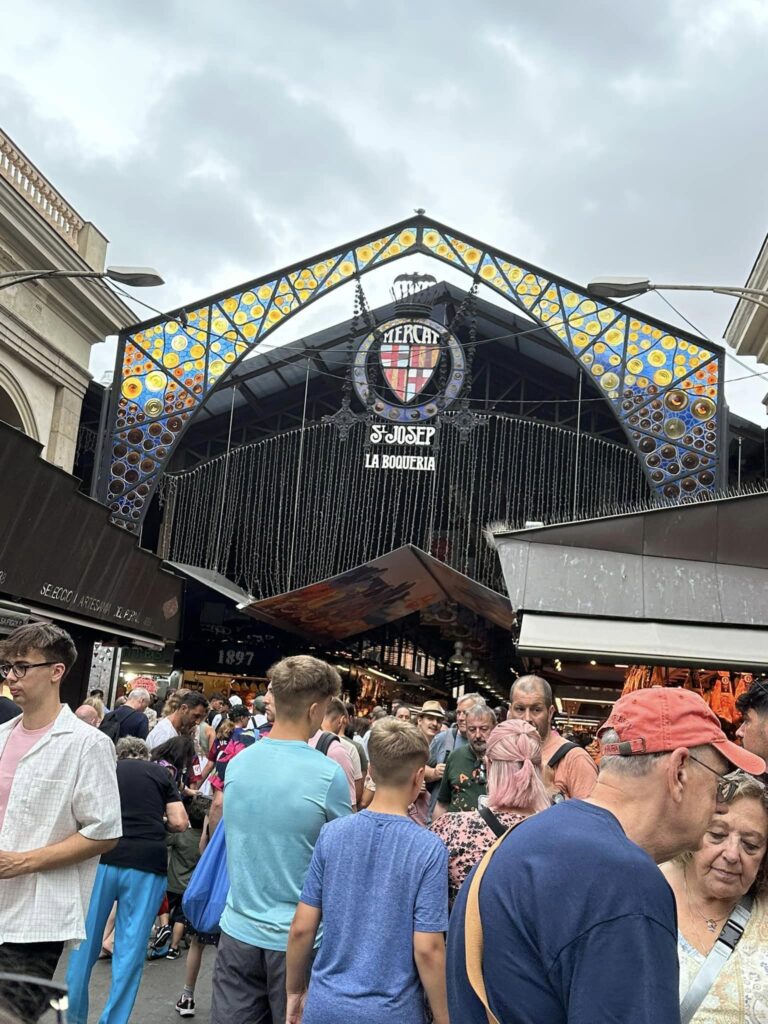By Shannon Gomes

I’m just back from spending four immersive and intensive days surrounded by some of the best travel writers, content creators, and photographers at the Travel Writers & Photographers Conference in Corte Madera, CA. My creative head is spinning with new information and ideas, and my heart is full of joy from all the new connections I have made. I walked away with new tools for digital storytelling and beyond, but it was the conversations about the current state as well as the future of travel that inspired me the most and provided lots of food for thought.
You’ve likely read articles recently about overtourism, as it has been quite a hot subject in travel. From popular cities such as Barcelona, Dubrovnik, Venice, and Bangkok, to our U.S. National Parks, to the trendiest spots in the world where people want to capture “that perfect shot for Instagram” – it’s all become too much, especially for the local people who live in these locations. So what is the answer? How do we combat overtourism, while still supporting the local economy that depends on tourist dollars?
The answer is Responsible, Slow, Regenerative, and Ethical Travel. It’s about doing your research before you travel to ensure the money you spend in a location is truly going back to the local people and economy, versus corporate entities (read: major hotel chains, etc.). Overtourism also causes havoc on both the land and the habitats of animals on land and in the sea. Not to mention, we are experiencing a worldwide climate crisis so all of these factors are leading to a fast-paced crescendo. The answer isn’t to completely stop visiting these popular locations, rather it is to do your research and become a more responsible and ethical traveler.
How do you do this? Here are a few excellent resources for planning your future travels:
Additionally, there is a rising trend of traveling to locations that are “off the beaten path” and “hidden gems” due to the backlash of overcrowded locations where everyone seems to be going. There is so much of the world to discover so instead of going to the “it” spot that all of your friends on social media seem to be visiting, why not branch out and visit towns and villages a half hour or hour away? You will be supporting the local economy and you will likely be pleasantly surprised by the beauty, charm, and kindness you experience.
Slow and responsible, not fast and popular, is the future of travel and I invite you to move in this direction for your upcoming journeys.

